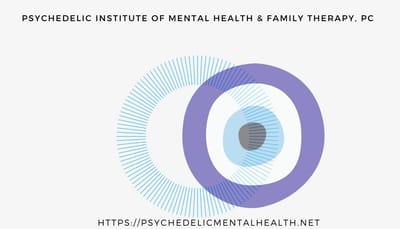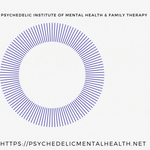Rapid Improvement in Consciousness After Low-Dose Ketamine in a Patient With Acute Confusion: A Case Report (Khalafallah Khalid, et al, 2025)
"While anecdotal, such findings align with emerging literature and warrant further exploration of ketamine's neurocognitive effects beyond its established indications."
Psychedelic Experiences After Bereavement Improve Symptoms of Grief: The Influence of Emotional Breakthroughs and Challenging Experiences (Low, et al, 2025)
"Findings provide preliminary evidence that support the development of a psychedelic-assisted therapy protocol to target symptoms of grief. Psychedelic-assisted therapy might offer an alternative to current grief treatment options. "
Intravenous ketamine versus esketamine for depression: a systematic review and meta-analysis (Elmosalamy, et al, 2025)
"Based on the currently available comparative evidence, which is almost entirely observational, IV ketamine and IN esketamine show comparable acute response and remission rates, though IV ketamine may act faster."
Ketamina en Cirugía Cardíaca: Una Revisión Sistemática y un Meta-Análisis de Efectos sobre Marcadores Inflamatorios y Resultados Clínicos (Ferreira de Lima E Souza, et al, 2025)
La medicina psicodélica ketamina, utilizada desde hace décadas en anestesia, manejo del dolor, salud mental y cuidados paliativos, ha sido administrada en pacientes cardíacos sin observarse cambios negativos en los resultados clínicos atribuibles a efectos adversos del fármaco.
Unfolding States of Mind: A Dissociative-Psychedelic Model of Ketamine-Assisted Psychotherapy in Palliative Care (Gonçalves Campolina & Tuena de Oliveira, 2025)
Dissociative-psychedelic model offers a compassionate, pragmatic, theoretically grounded approach to relieving psychological & existential suffering in palliative care
Ketamine and dodecyl maltoside synergy as a potential topical therapeutic approach for melanoma (skin cancer) (Idoudi, et al, 2025)
"These findings demonstrate that ketamine, particularly when combined with DDM, holds promise as a potential topical therapeutic strategy against melanoma."

